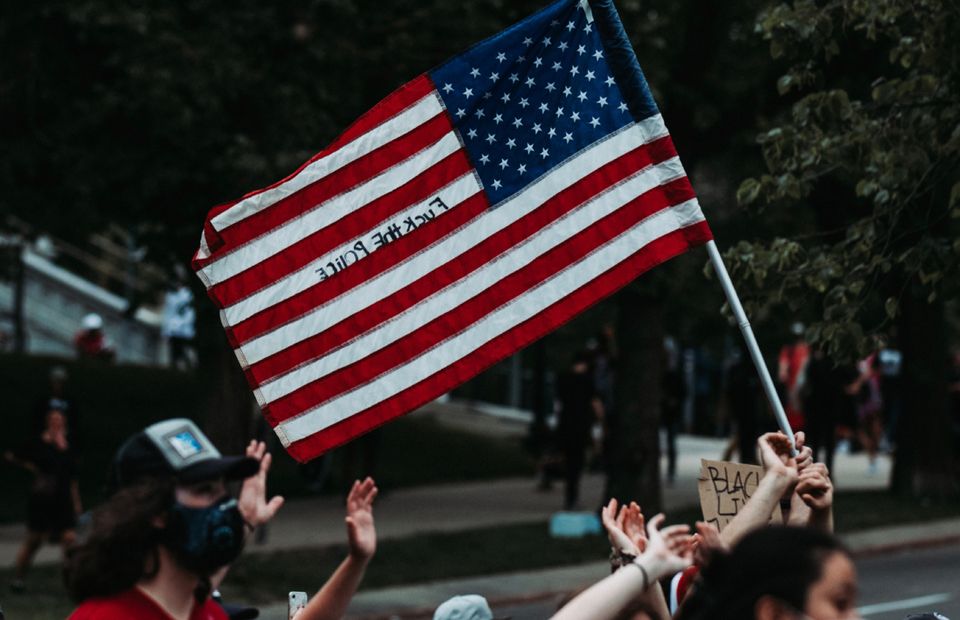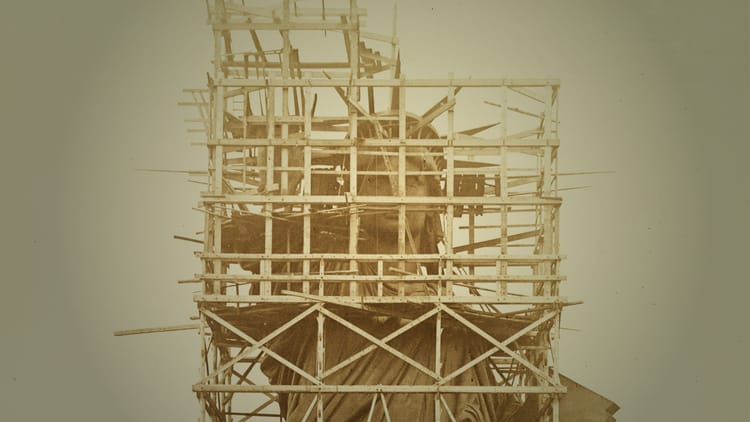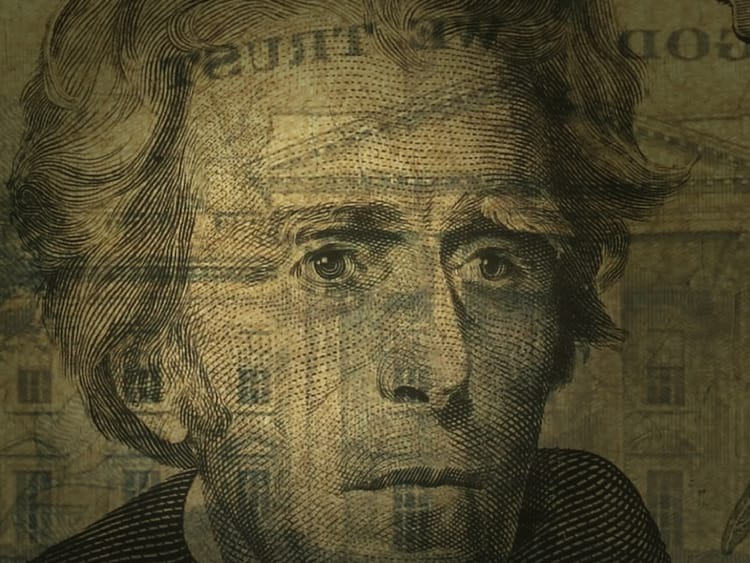Decentering

It’s already been a bruising summer for the Democratic Party in America. The U.S. Supreme Court issued a series of decisions undermining liberal priorities, most obviously by overturning Roe v. Wade and ending the constitutional right to an abortion. President Joe Biden’s approval rating fell below 40 percent—according to an elections analyst at FiveThirtyEight, “the worst of any elected president at this point in his presidency since the end of World War II.” And a recent New York Times poll found that 64 percent of Democratic voters don’t want Biden to run for re-election.
Things got worse last week when the latest effort to pass significant elements of Biden’s domestic agenda fell apart in the U.S. Congress: New York Magazine’s Jonathan Chait—a center-left journalist who’s long tended to support the Democrats—concluded that “by realistic or even minimal standards of performance, this two-year term, almost certain to be the last period of Democratic-controlled government for the foreseeable future, has been a failure.” Progressives are blaming moderates, and Biden is fending off criticism from the left. Meanwhile, as The Intercept’s Ryan Grim reported last month, some of the country’s leading progressive advocacy groups are riven by internal workplace fights—often between younger staffers and older managers—over questions of race, gender, identity, and the future of their movements. All in all, there’s a lot of conflict on the American left. What’s behind it?
Ruy Teixeira is a U.S. political analyst who worked for almost two decades at the left-leaning Center for American Progress and is joining the center-right American Enterprise Institute next month—still a Democrat but disenchanted by the state of the Democratic Party and progressive activism. Teixeira sees generational differences—and the acute ideological divisions that now tend to map onto them—as not merely driving conflict within progressive groups but affecting the culture and decision-making of the Biden administration, mainstream corporations, and a variety of other social institutions in which younger people on the left have gained influence. While Biden’s moderate inclinations helped him win the presidential primary in 2020, his desire to gratify his party’s left—or even avoid criticism from left-wing activists—is preventing the party from adopting rhetoric and policies that would better align them with mainstream America on issues like crime, immigration, and the newly vital question of abortion. But while a lot of the left remains highly invested in its current orthodoxies, Teixeira is starting to see evidence of new dissent and debate—and new alliances across the American political mainstream …
Graham Vyse: How do you see the current tension between the Biden White House and progressive activists?
Ruy Teixeria: That tension goes back to the very beginning of the 2020 Democratic presidential primaries. The activist groups—and the kind of politics they represented—heavily influenced almost all the other Democratic candidates. You had a lot of weird talk from them about decriminalizing illegal crossings at the border, “Medicare for All,” and other ideas that may not have been in the mainstream of the Democratic Party, much less of the country. The were all trying to outdo one another in showing progressive bona fides on race, gender, and immigration issues. Biden almost had the moderate lane to himself, where he could take more nuanced positions and say things more consistent with the center of gravity in public opinion in his party and in America. Ultimately, he was rewarded for that.





